An annual rite of Spring for many vegetable growers in this area is the Upper Midwest Organic Farming conference which takes place regularly during the last week of February. Some growers insist they won't start seeds until after its yearly passage.
When I originally contemplated taking up community supported agriculture I ventured to what was the first such conference to try and get a grasp on whether CSA was something I should be undertaking in my mid-30s – vegetable production has a reputation for being murderous on the back and joints, as I already knew from gardening, and I wondered if I should be diving into it more fully as I approached middle age. I remember little of the conference but the presence of a number of participants much older than myself was reassuring.
While attending, I stayed with a couple of college friends who had recently moved nearby and started a family. When I reunited with the two of them again recently – after having rarely been in touch over the intervening years – I found myself trying to estimate their children's ages and getting it wildly wrong even after compensating for the passage of time. Not only were they past high school but through college and on into adult life.
Such unpleasant shocks are a hazard of age but a good reminder, at least to me, to be thankful that vegetable farming, whatever its risks to backs and shoulders, has at least one hallmark benefit: unlike other types of agriculture - or employment generally - vegetable growers are effectively dealt a new hand to play every year. This is extremely useful to the motivation come February when the instinct to sit and read a book – rather than mix potting soil and plant celeriac - is still fairly strong. No matter how disastrously the past season has gone, new hope is suddenly on offer again come Spring, divorced delightfully from the realities of past experience. I can return to the daft-headed exuberance of youth each year – at least in my farming life – while every other working-stiff, including myself on the day-job, must slog on toward eternity with little more than the hope of the occasional vacation to buoy the soul.
There is no telling what the coming season portends. Perils, most probably, but I know it is possible to have weather, insects, bacterial pests, soil-borne disease and every other possible factor affecting vegetable life to somehow all collaborate to produce near-perfect growing conditions. This sounds fantastical, but I've experienced years – even periods of years – in which it seems to have happened. There was a string of growing-seasons in the late '90s and early 2000s which, with only a few exceptions, were shockingly productive for almost every vegetable and fruit I grew, though I'd have to dig deep in my notes to pinpoint which years those were. After 2004, a flood year, the really excellent seasons seem to have dwindled. So we are due for a good hand. Either that, or I'm doing just what I hoped I would be shot for doing as I aged, making fond of the past while frowning at the present.
Despite unfinished books on both the nightstand and couch, I was perfectly delighted this past weekend to crouch over a bucket of mud in the basement for a couple of hours and crank out hundreds of tiny soil-blocks which will shortly be receiving onion seed, tweezer-full by tweezer-full, over another period of crouched, cramped, non-reading hours. So commences a season of work which won't end until mid-November; but if that's the price for a brief restoration of youth, I'm lucky to pay it.
But, you might ask me how I feel in July.
making soil blocks and seeding onions for a variety trial. Photo by Rob McClure


